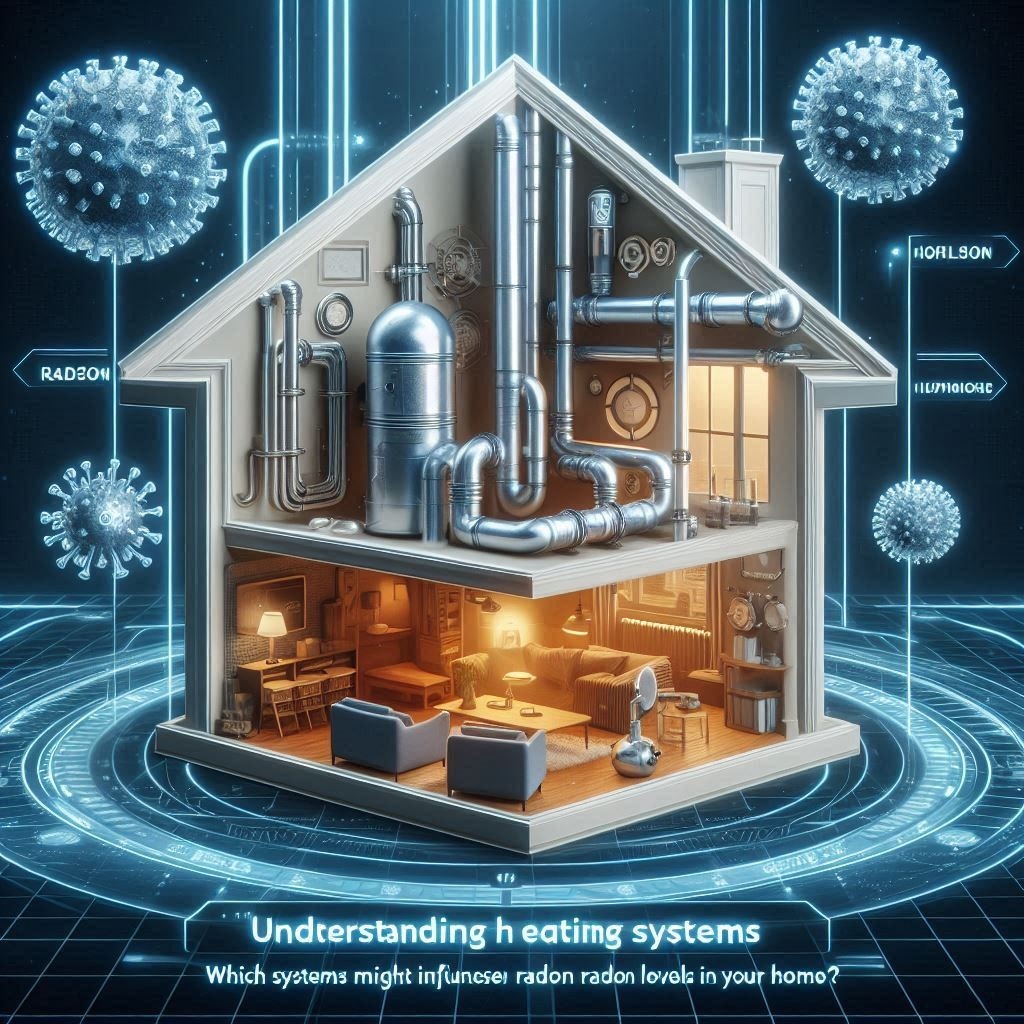Summary
"Understanding Home Heating Systems: Protect Your Space from Radon" explores the relationship between heating systems and radon levels in homes. It emphasizes the importance of selecting the right heating system, not only for comfort but also for maintaining healthy air quality. The article highlights the common types of heating systems—furnaces, boilers, heat pumps, and electric heaters—detailing how each one influences radon movement. It further stresses the necessity of conducting radon testing to ensure a safe living environment. By understanding these factors, homeowners can make informed decisions and safeguard both their health and property value.
Which Systems Might Influence Radon Levels in Your Home?
Why Heating Systems Matter
When it comes to your home, choosing the right heating system is crucial. Not only do they influence comfort levels, but they can also affect air quality. Understanding how different types impact radon movement in your home empowers you to make informed decisions. A dependable real estate agent recognizes the significance of such knowledge for home sellers.
Common Types of Home Heating Systems
Diverse heating systems serve various needs. The most common types include furnaces, boilers, heat pumps, and electric heaters. Each system operates differently, presenting unique benefits and potential drawbacks in terms of radon movement.
Furnaces use air to heat spaces efficiently. While they provide warmth, the circulation of air can inadvertently move radon gas if present in your home. In contrast, boilers rely on hot water, which may minimize air movement and reduce the likelihood of radon dispersion.
The Role of Heat Pumps
Heat pumps are innovative systems that transfer heat rather than generate it. These units are becoming engaged options for many homeowners. Though they might initially seem safe, they can still draw air from lower levels of the home where radon accumulates. Continuous monitoring can help mitigate risks associated with radon as temperatures drop.
Electric Heaters: A Safer Option?
If you’re seeking a pragmatic approach, electric heaters have their advantages. Since they do not utilize air circulation like furnaces, their potential to move radon is limited. However, they may not provide the warmth of other options, especially in colder climates.
The Importance of Testing for Radon
Regardless of your heating system, thorough radon testing remains vital. A dedicated approach to identifying radon levels protects not only your health but also the value of your home. Ensure that any home you plan to sell undergoes testing to establish safety.
Conclusion
Understanding the different types of heating systems in your home and their relationship with radon is essential. By being informed, you can make confident decisions that will benefit your family. Partnering with a competent real estate agent, like Lew Corcoran, ensures you receive expert guidance throughout the process, resulting in exceptional results for your home sale.
Ready to sell your home but unsure about its heating system and radon levels? Connect with me today for expert guidance!

